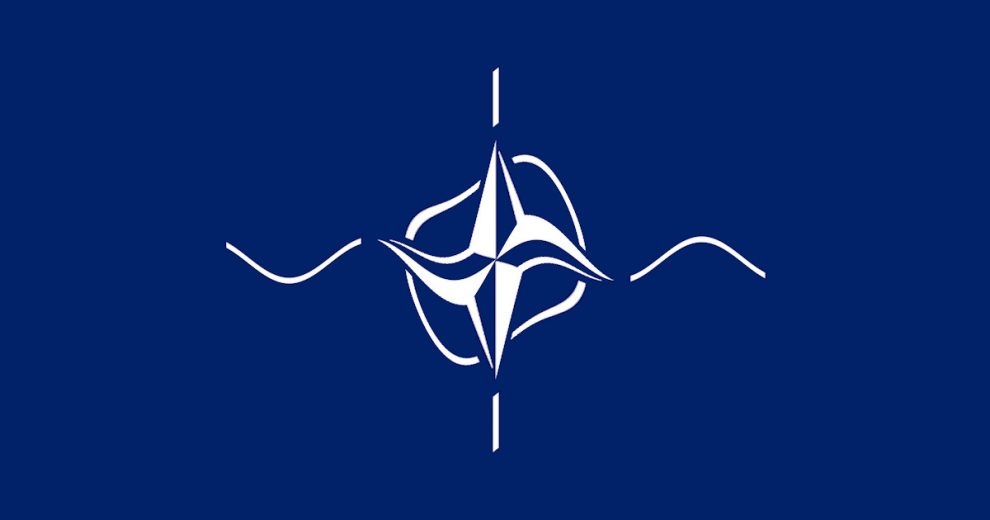During the Cold War, the world was divided into two opposing camps: NATO and the Warsaw Pact. Being the leading powers of each group, the U.S. and Soviet Russia had strong ties with their allied countries. They acted as the “guardian angels” of their own alliance. From intelligence activities and technological competition to political, economic and cultural issues, member states of each alliance were acting in solidarity with each other.
With the disintegration of the Warsaw Pact and the end of the Cold War, NATO emerged as the unrivaled political alliance in the face of an isolated Russia. However, the emerging “new world order” has turned into a global disorder. Especially, Middle Eastern countries have found themselves amid political, economic and cultural chaos.
By the end of the Cold War, the internal order of NATO has also undergone a dramatic change. NATO’s first trauma occurred in Italy in the 1990s when Operation Gladio was exposed.
Regarding Turkey, civilian politics have long been under the sway of military tutelage since the coup d’etat of 1960. Although it is difficult to decipher the powers behind the coups of 1960 and 1971, the military intervention of 1980 was openly supported by the U.S.
In 1996, the Welfare Party (RP), which was deemed by the Turkish Jacobins to be a political party belonging to the periphery, had come to political power. Military tutelage took various measures to overthrow the RP’s coalition government, including staging a so-called “post-modern coup d’état.”
Although the coalition government was overthrown and the RP was banned from politics, Turkish people clearly understood, thanks to the proliferation and enhancement of the means of communication, the secret players operating behind the political stage. It was clear that Turkey was ruled not by elected politicians, but by an alliance formed between the members of the army, media and the business world, who pledged loyalty to the U.S. In fact, not only Italy and Turkey, but all the European countries had been secretly controlled by the U.S., the leader of the NATO.
Certainly, the leading Western powers have not been content with Turkey’s independent foreign policy attitude in the post-Cold War era. As the remainder of the Ottoman Empire, Turkey’s rising strength in her region of influence seems to disquiet her Western allies. Adopting a multidimensional and multidirectional foreign policy attitude, Erdoğan’s strong leadership turns Turkey into an independent and respected player in the Middle East and beyond.
Source: Daily Sabah







Add Comment